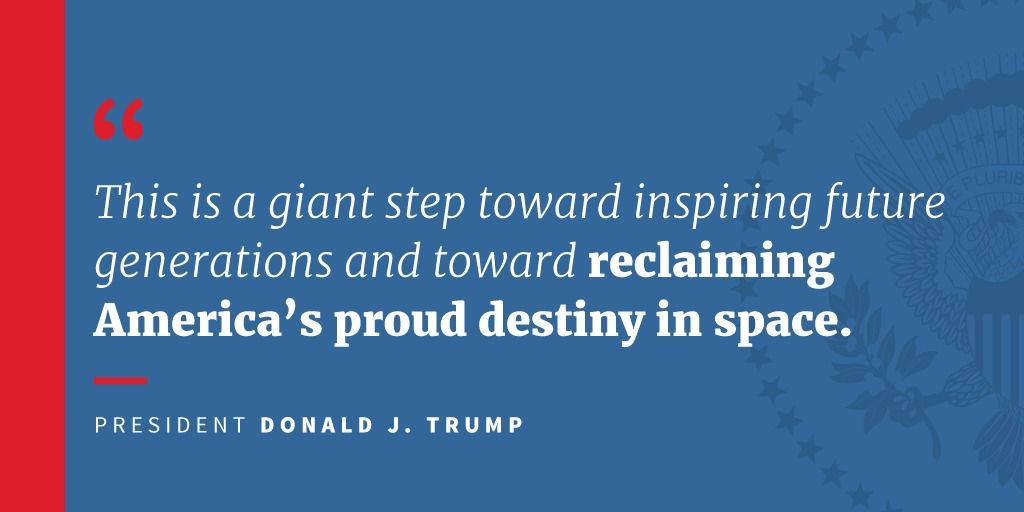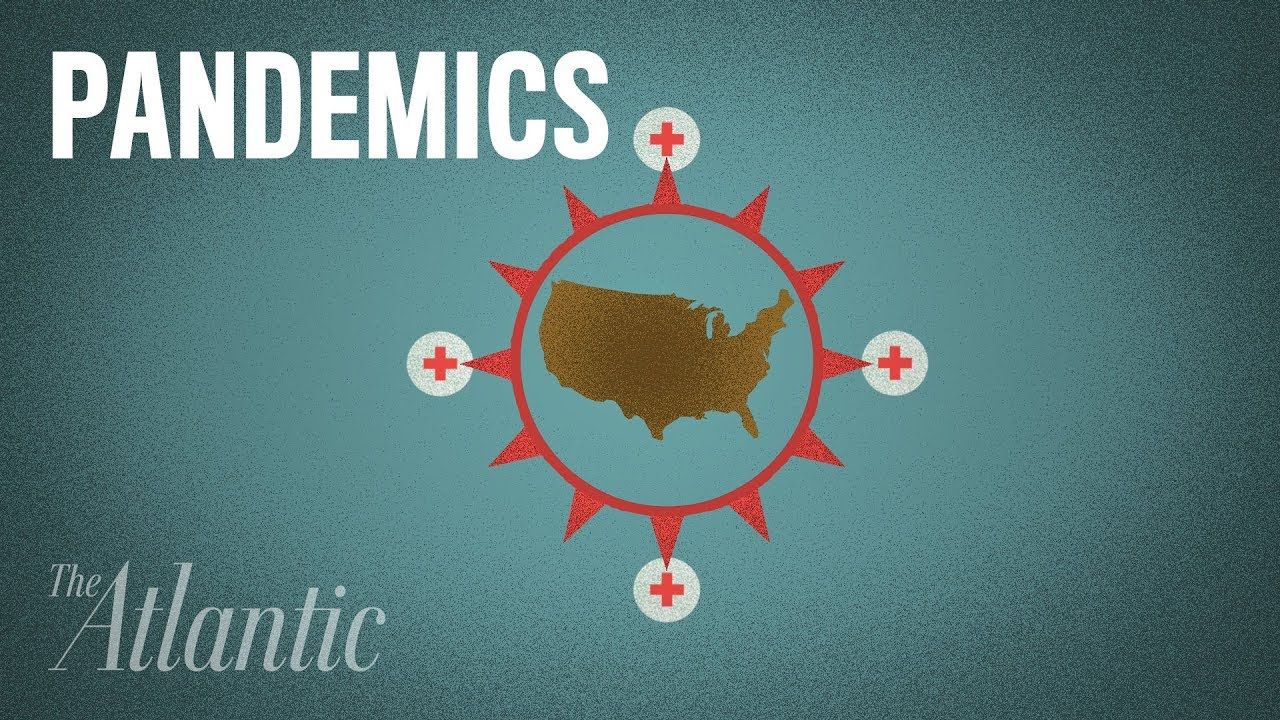Jul 6, 2018
Russian Army to get 6 unrivaled weapons in coming years – Moscow
Posted by Derick Lee in categories: government, military, policy
Some of the new weapons, which are set to enter service in Russia between 2018 and 2027, surpass the existing and even future weapons systems used by other nations, including the NATO member states, Borisov said as he listed what he called six Russian cutting-edge weapons.
The Russian Armed Forces are expected to get new state-of-the-art weapons systems, which have no equals anywhere in the world, a Russian government’s top official said. The new equipment is set to enter service within a decade.
Continue reading “Russian Army to get 6 unrivaled weapons in coming years – Moscow” »
















